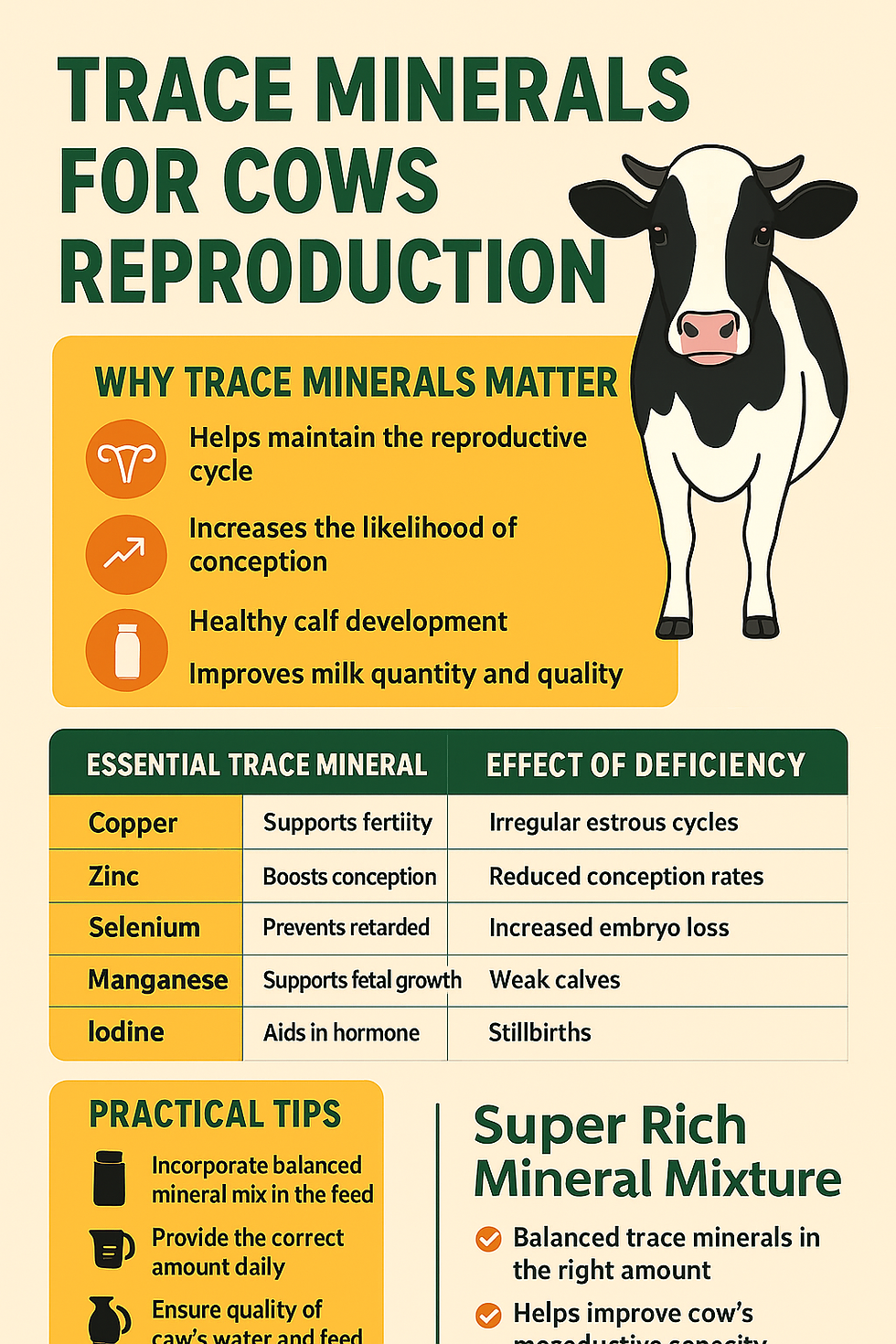Maize-to-Ethanol Challenges
- KafilaAgro CattleFeed
- Jul 16, 2024
- 2 min read
Converting maize to ethanol in India presents significant economic and logistical challenges. Here’s a breakdown of the key points and proposed solutions from a recent presentation on the topic:

Current Costs and Challenges
Conversion Cost: The total cost of converting maize to ethanol is 26.54 rupees per liter. The major cost components are fuel and energy, which together amount to 14 rupees.
Revenue from By-products: Distilleries can realize around 13 rupees per liter from DDGS (Dried Distillers Grains with Solubles) and another half a rupee from other by-products, effectively reducing the net conversion cost aside from fuel.
Market Conditions: The economic price at which distilleries need to supply ethanol is above 75 rupees per liter, considering the marketability of DDGS and the landed price of maize.
Current Costs and Revenue Breakdown
Cost Component | Amount (INR per liter) |
Total Conversion Cost | 26.54 |
Fuel and Energy | 14.00 |
Other Conversion Costs | 12.54 |
Revenue from DDGS | 13.00 |
Revenue from Other By-products | 0.50 |
Proposed Solutions
Adopting Successful Models: Borrowing from the sugar industry’s pricing mechanisms, which have proven to be successful and sustainable.
Fair Pricing Formula: Establishing a transparent pricing formula that accurately reflects conversion costs, by-product prices, and includes MSP (Minimum Support Price) or FRP (Fair and Remunerative Price) for maize.
Market Conditions and Proposed Solutions
Aspect | Details |
Economic Supply Price of Ethanol | Above 75 rupees per liter |
Pricing Model Borrowed | From the successful sugar industry model |
Key Proposal | Establishing a transparent pricing formula reflecting conversion costs and by-product prices, including MSP/FRP for maize |
Suggestions for Pricing
Linking Costs to MSP: Adjusting the cost head of maize based on MSP movements.
Inflation Adjustment: Factoring in inflation for energy and other consumables to keep the pricing realistic.
Standardizing Costs: Using established systems for depreciation, interest, and return on capital similar to those used for rice-based ethanol.
Transparent Pricing: Ensuring the pricing formula is inclusive of all stakeholders' interests to make the maize-to-ethanol program successful.
Suggested Pricing Adjustments
Pricing Adjustment | Details |
Link Cost Head to MSP | Adjust maize costs based on Minimum Support Price (MSP) movements |
Factor in Inflation | Adjust energy and other consumables costs based on inflation |
Standardize Depreciation and Interest | Use established systems similar to those for rice-based ethanol |
Transparent Pricing Formula | Ensure inclusivity of all stakeholders’ interests |
Challenges to Address
Raw Material Availability: Encouraging maize cultivation to ensure a steady supply of raw materials.
Capacity Reduction: Addressing the reduction in capacity when shifting from rice to maize, requiring technological improvements to mitigate this issue.
Frequent Breakdowns: Investing in better technology and materials to reduce equipment breakdowns.
Challenges and Recommendations
Challenge | Recommendation |
Availability of Raw Materials | Encourage maize cultivation |
Capacity Reduction | Improve technology to mitigate capacity loss when shifting from rice to maize |
Frequent Equipment Breakdowns | Invest in better technology and materials for spare parts to reduce breakdowns |
Conclusion
The transition to maize-based ethanol production in India requires a collaborative approach involving the government, industry stakeholders, and technology providers. By addressing the current challenges and adopting successful pricing mechanisms, the industry can create a sustainable and economically viable model for maize-to-ethanol conversion.
Contact Information:
Office Address: GT Road, Deona, Begusarai, Bihar
Factory Address: Industrial Area, Sant Kabir Nagar, Khalilabad (UP) Contact Number: +91-6201001535
Explore the benefits of Kafila Pashu Aahar and ensure the optimal care and nutrition for your cattle.


